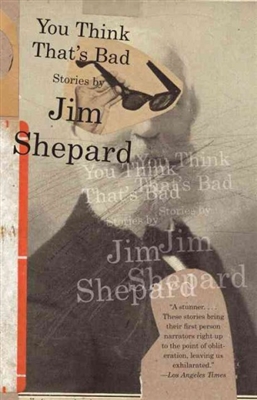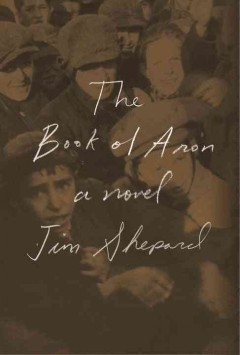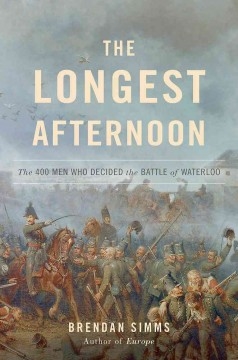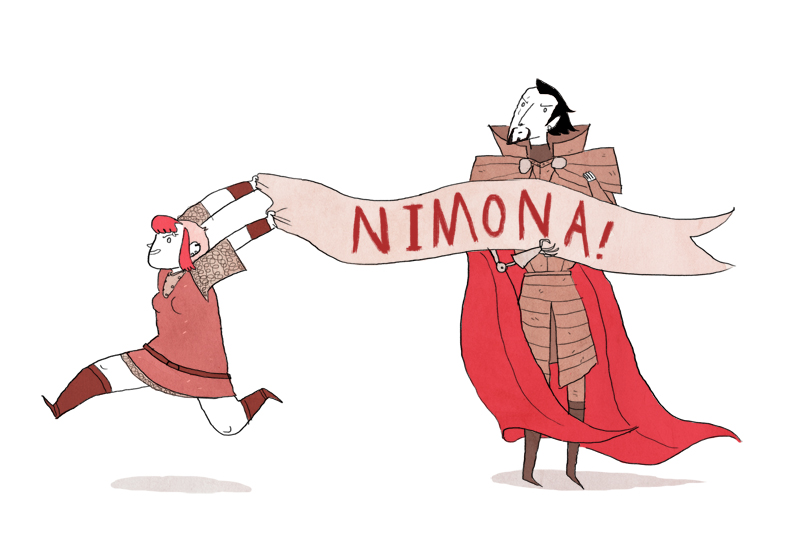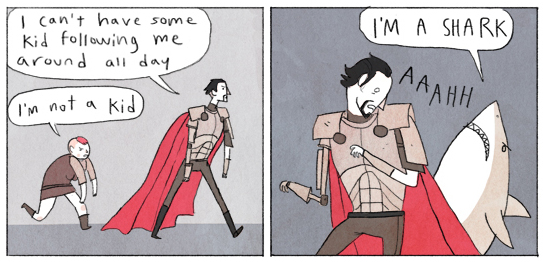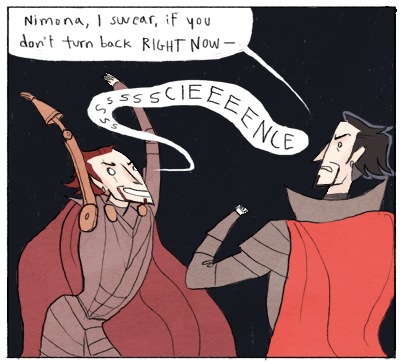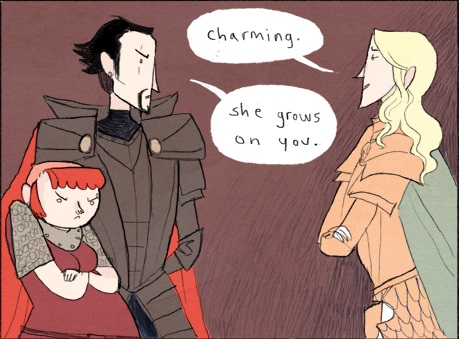A book recommendation can take the form of a business card. When speaking about the book world to a friend, acquaintance, or even a stranger, it is easy to convey a recommendation. And, like a business card, a book recommendation only actuates its potential when received by another—so readers give out recommendations freely. There is no obligation to those that receive the suggestion to go to Lemuria and make a purchase; a recommendation and a business card are gestures of self-expression. With both recommendations and business cards, the action can be interpreted as, “Hi! This is my name and this is my interest (or product/service). And, I would like to share this with you!” It is then up to the receiver to seek out the interest, product, or service on their own time. It is a closed circuit, totally reliant upon the receiver to manifest the gesture of the recommender’s self-expression toward heightened levels of understanding, appreciation, and interaction.
However good it feels to hand out a recommendation, there is always the lingering possibility that the recommender is just stating, “This is who I am, and this is what I like.” A recommendation is merely the skin of the apple a book worm wishes to wiggle through. A book worm wants to put a book they truly care about into the hands of a person they truly care about. Unlike a mere recommendation, lending a book to someone is reticent of a specific type of trust: the receiver is obligated to actually read the book, and the lender is obligated to be sure that the receiver will find some sense of mutual interest or identification with the work. Lending your favorite book to a complete stranger is like going to third base on a first date, probability points towards mutual regret and a hope that you can get your hands on one of those red flashing lights from Men In Black. Once you lend out your favorite book, you can’t just ask for it back after a day or two of missing it, just like you can’t just take off your beer goggles and get your standards back.
This is an anecdote of the time I went to the proverbial third base (as far as book lending goes) on a first date. Chance proved probability wrong: I rolled the dice and hit sevens four times in a row.
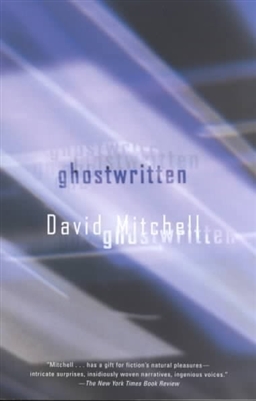 The book in question is Ghostwritten by David Mitchell. My sister, who has consistently supplied me good reading material for as long as I can remember, bought a copy of Ghostwritten from Lemuria for my college graduation present. At the time, Mitchell was an author I’d never heard of and didn’t pick up his book right away—that is until I watched the movie Cloud Atlas and noticed Mitchell’s name as writer in the credit reel.
The book in question is Ghostwritten by David Mitchell. My sister, who has consistently supplied me good reading material for as long as I can remember, bought a copy of Ghostwritten from Lemuria for my college graduation present. At the time, Mitchell was an author I’d never heard of and didn’t pick up his book right away—that is until I watched the movie Cloud Atlas and noticed Mitchell’s name as writer in the credit reel.
The air conditioner in my apartment wasn’t working the day I read Ghostwritten but I wasn’t sweating because it was mid June in Mississippi—but because I was hurtling uncontrollably at unfathomable speeds through time and space toward the ultimate culmination of Mitchell’s first published novel.
I devoured it in one sitting; skipping lunch and dinner, I let my fingers touch every page and let my eyes touch every word. I had an instant connection to Ghostwritten and to David Mitchell. The simultaneous diversity and parallelism of the ethnically, sexually, and geographically dislocated narratives was unlike any other work I had read before.
I believe the romance between the lines of Ghostwritten’s prose brings forth an ephemeral observation that proves an interconnectedness of human consciousness that blurs the line between the physical and metaphysical. At the same time it sought a delicate manifestation of spirituality; Ghostwritten hooked me with a science fiction climax that could give any die-hard Trekkie goosebumps.
So, as my anecdote goes, I decided to lend it to a friend of a friend who I had met for the first time after a night at the pub. I wanted someone, I wanted anyone to connect with this work in the way I did.
Weeks turned into months, and months turned into a year, and I hadn’t received any word that the person had read any of the book. I kept telling friends all about Ghostwritten, each time fighting of a relentless urge to tell them how it ends—and one after another, maybe sensing that I really did love this book—would ask me to borrow it. I cursed myself for having thrown it into the wind on a one night stand.
Then it happened, and when it happened it made complete sense. I was at the same pub where it was given away, talking to a friend who was out for the first time after a minor surgery. As many of my late night conversations go, it took a deep philosophical turn. But then, all the sudden she decided to interrupt the conversation and said, “You know what? I have a book you might like.” She reached into her purse and pulled out the most raggedy paperback book I had ever seen. The cover was missing, and binder clips held pages together where the glue had dried up. She says, “Its called Ghostwritten, its by the same guy that did that movie Cloud Atlas.”
I tried my best to stifle squeals of hysteria, but failed, and by the expression on her face I could tell I needed to calm down. Instantly I asked what she thought about this part how it subtely connected to this other part. I was hardly giving any time for a response.
Then…
She told me that a mutual friend brought it to her after his grad school semester in Oklahoma. So, the next day, I called the mutual friend in Oklahoma to see what he thought of Ghostwritten, and I learned that another mutual friend had lent it to him while visiting in Mexico. That evening, I made an international call to the other mutual friend in Mexico, to see what he thought of the novel. For a moment, he forgot the authors name and exclaimd, “Oh yeah! I remember now, I’d never heard of the author before, but I thought it was really cool. It was on my roommate’s shelf.” I asked, “So who’s your roommate?” I was robbed of all conversation skills when he told me that the roommate was one and the same person as the friend of a friend that I had lent the book to originally.
As if in a profound physical realization of the dislocated, parallel narratives in Ghostwritten, the book passed from hand to hand, over borders, and across nations—all in order to return to its point of origin. I feel as if the connectedness embodied by Mitchell in his first work, lifted off the page, defied reason and geography and proved to me, first hand, the dogmatic connectivity of humanity. Ghostwritten spearheaded through my heart with such grand momentum, it carried itself through the hearts of at least four others without encouragement from me.




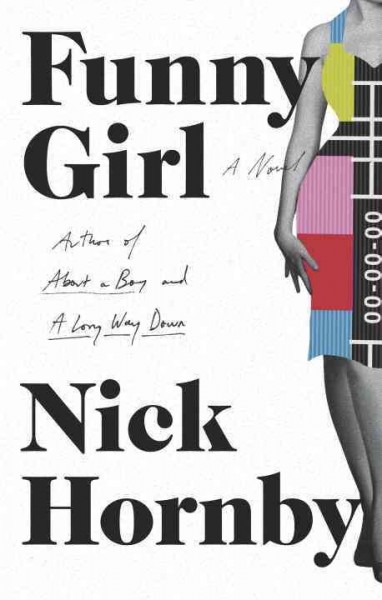


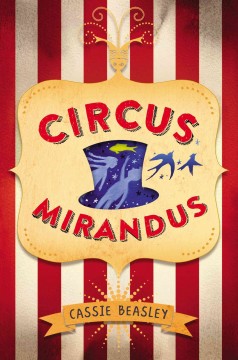
 For fans of Roald Dahl, Big Fish, or even adults who enjoyed reading Erin Morgenstern’s The Night Circus, embark on one of the most magical reads this summer and pick up a signed copy of Circus Mirandus at Lemuria Books!
For fans of Roald Dahl, Big Fish, or even adults who enjoyed reading Erin Morgenstern’s The Night Circus, embark on one of the most magical reads this summer and pick up a signed copy of Circus Mirandus at Lemuria Books!
